Why are English councils turning off street lights?
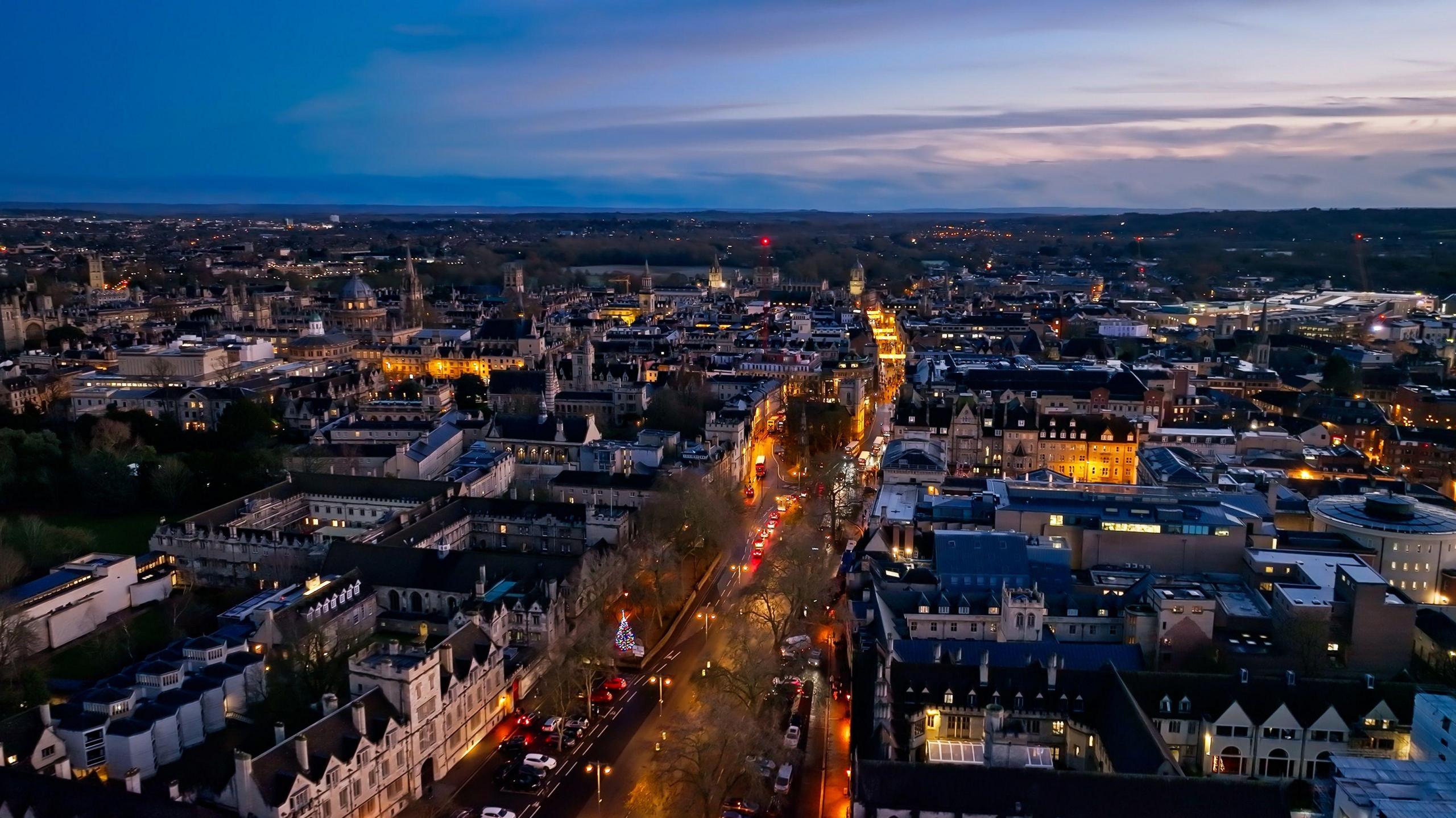
A plan to turn off street lights across Oxford - and Oxfordshire - has been paused for further work
- Published
Some street lights in Oxfordshire, West Berkshire and Slough could be dimmed or turned off overnight in coming years – and other councils seem likely to follow.
That’s if they’ve not done so already.
It’s thought just over half of English councils with responsibility for street lights have chosen to dim them or switch them off overnight over the last decade or so.
Many of those have highlighted massive financial pressures they are struggling with – and have been for years – and research into the impact street lights have on crime rates.
In 2015, a study found that street lighting could be “reduced”, external without an increase in car crashes and crime.
Taking 14 years of data from 62 councils across England and Wales, it found there was “no evidence” of an association between street lighting being cut and increased offending.
Conversely the College of Policing found street lighting can have a “very strong” impact, external on cutting crime.
But West Berkshire Council’s leader Jeff Brooks said its funding “doesn’t go as far as it used to” and so change was necessary.
The £50,000 his authority could save by turning lights off on residential roads between midnight and 05:00 is needed, he said.
Residents are being asked for their views on that as part of a consultation, external on its forthcoming budget, which will seek to save a total of £1.7m.
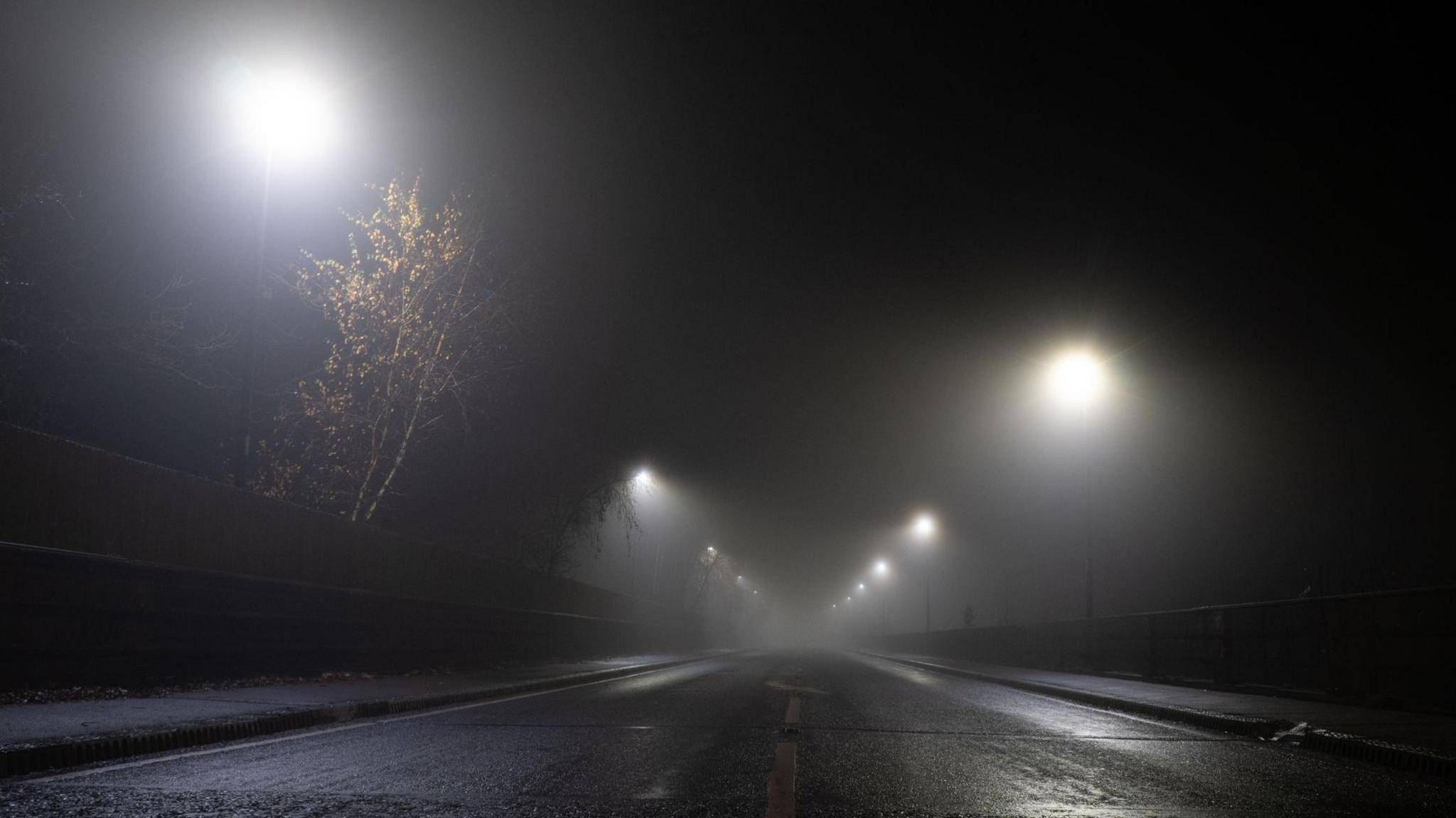
It is thought about half of English councils have already turned off or dimmed street lights
Slough’s borough council said the huge hike in energy costs over recent years means that annual savings of £112,000 by dimming lights are required.
The authority – which was effectively declared bankrupt in 2021 – said its bill to power its 11,600 lights more than doubled between 2021/22 and 2022/23.
Oxfordshire County Council’s plan to switch off most of its 60,000 street lights overnight has been paused after an outcry over safety concerns.
The authority said that its proposal was “primarily intended and focussed on reducing artificial night-time light” rather than to save money.
Its deputy leader Pete Sudbury said his council's plan was centred around health reasons and wildlife.
“Having lights on all the time is not great for human health. It’s much better if it’s really dark when you’re asleep and [having lights on overnight is] really bad for wildlife, particularly insects," he told BBC Radio Oxford.
But Lisa Ward, a Bicester-based expert in violence against women and girls, said: “I travel to London quite frequently. My train doesn’t get back until gone 23:00 so that would mean the shortish walk I have from the train station back to my house potentially would be unlit.
“I think you’ll end up with people getting taxis, which won’t help the environmental situation at all.”
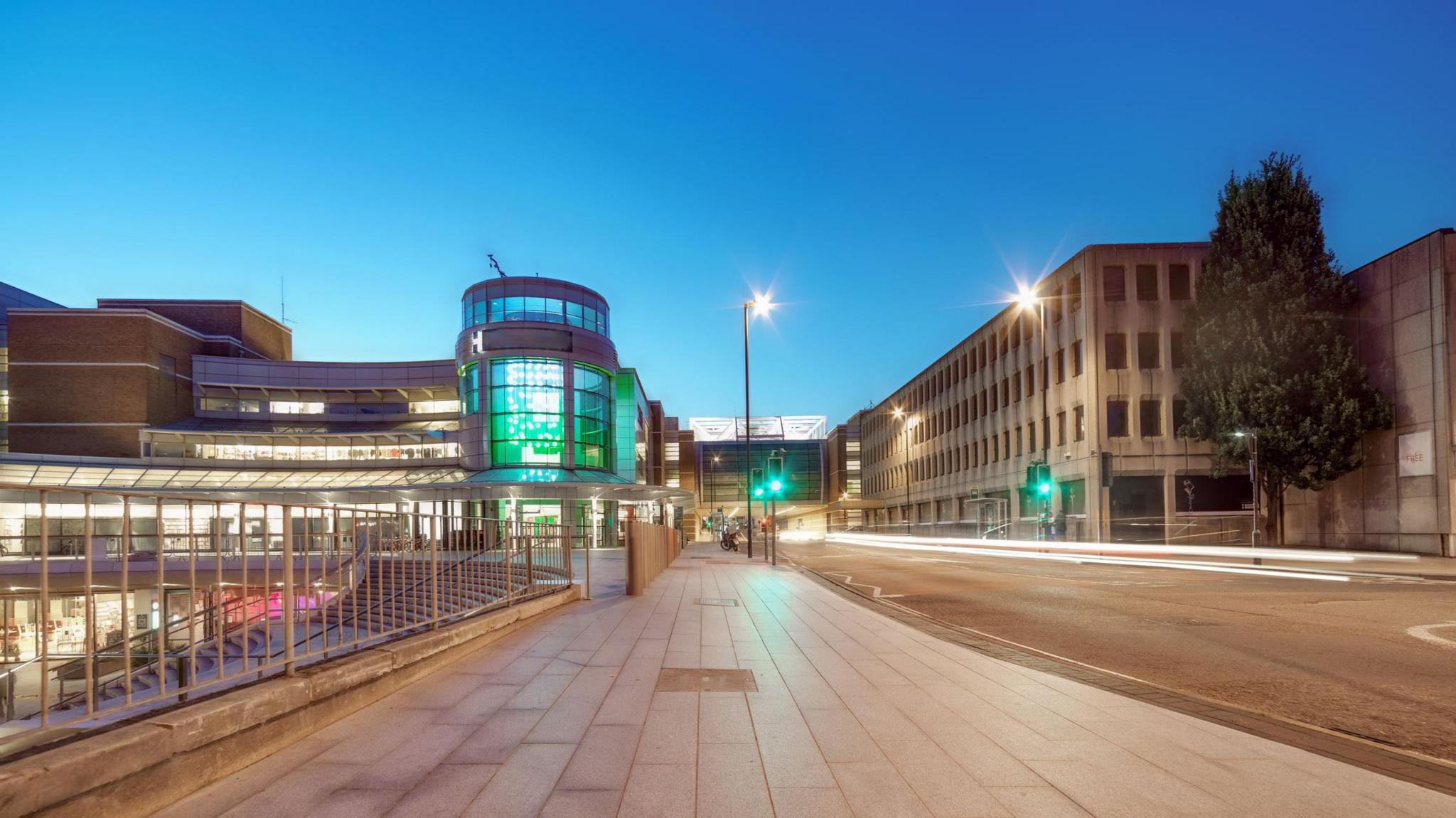
A programme to turn off lights overnight in Southampton was launched in April 2023
Some lights were switched off between midnight and 05:30 in parts of Dorset from 2014, and Hampshire and Southampton councils said they were satisfied with the impact of their cost-saving schemes when they chose a similar path.
Hampshire County Council said in January that there was no evidence to suggest their changes to dim and turn off lights would lead to an increase in crime.
It added it was under “immense” pressure to make cuts, and on Friday said it faces effectively going bankrupt within two years if it does not get more government support.
Southampton City Council increased the time its lights were off overnight by another hour late last year after a scheme started in April 2023.
Last December, it said it would increase its switch-off hours to 01:00 and 05:30 from 01:00 and 04:00.
While in Surrey, more than 30,000 street lights were turned off between midnight and 05:00 in December 2016.
Surrey County Council cut that by an hour in November 2017 – leaving them on between 01:00 and 05:00 – after “listening to residents’ concerns”.
But BBC political reporter Jack Fiehn said the plan remains contentious and has “regularly come up at council meetings over the years”.
So whatever is decided across West Berkshire, Slough, Oxfordshire or elsewhere, it is likely some will be left dissatisfied.
Get in touch
Do you have a story BBC Oxfordshire should cover?
You can follow BBC Oxfordshire on Facebook, external, X (Twitter), external, or Instagram, external.
- Published13 November 2024
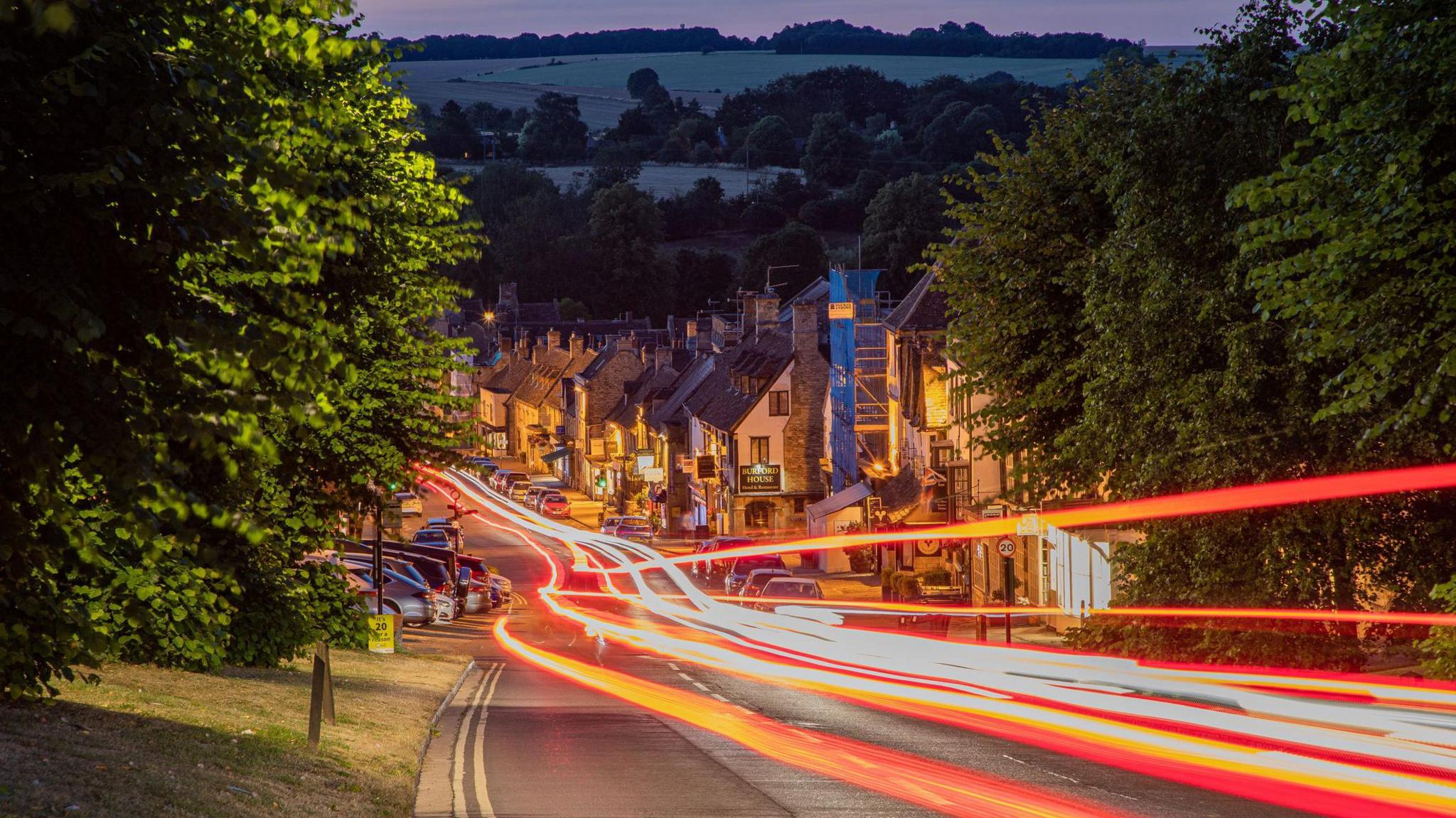
- Published14 November 2024
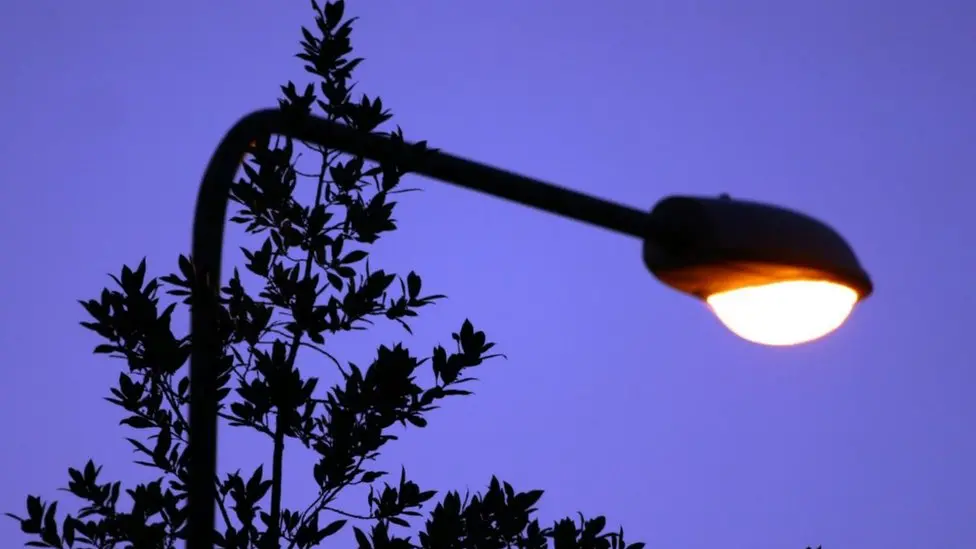
- Published15 January 2024
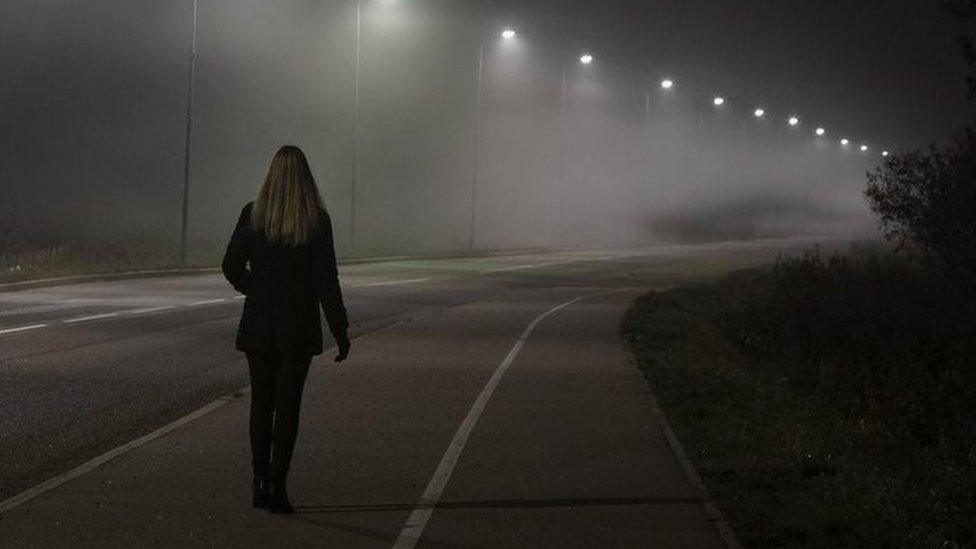
- Published3 December 2023
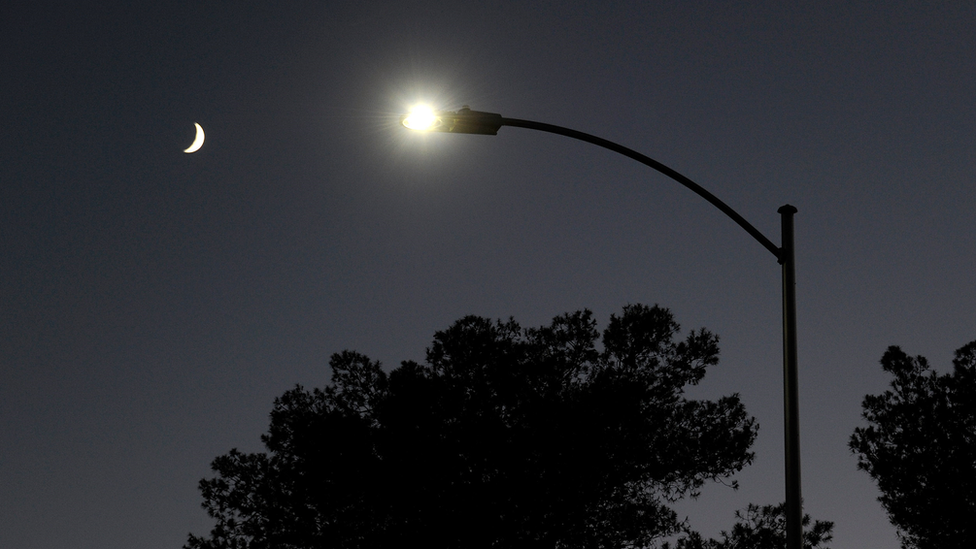
- Published18 November 2017
